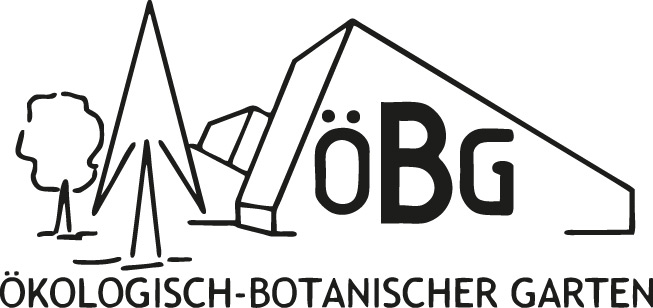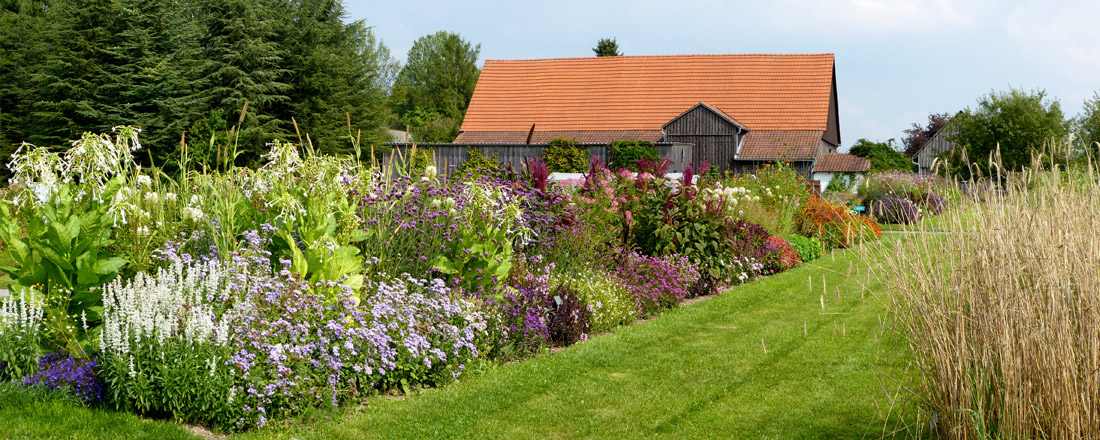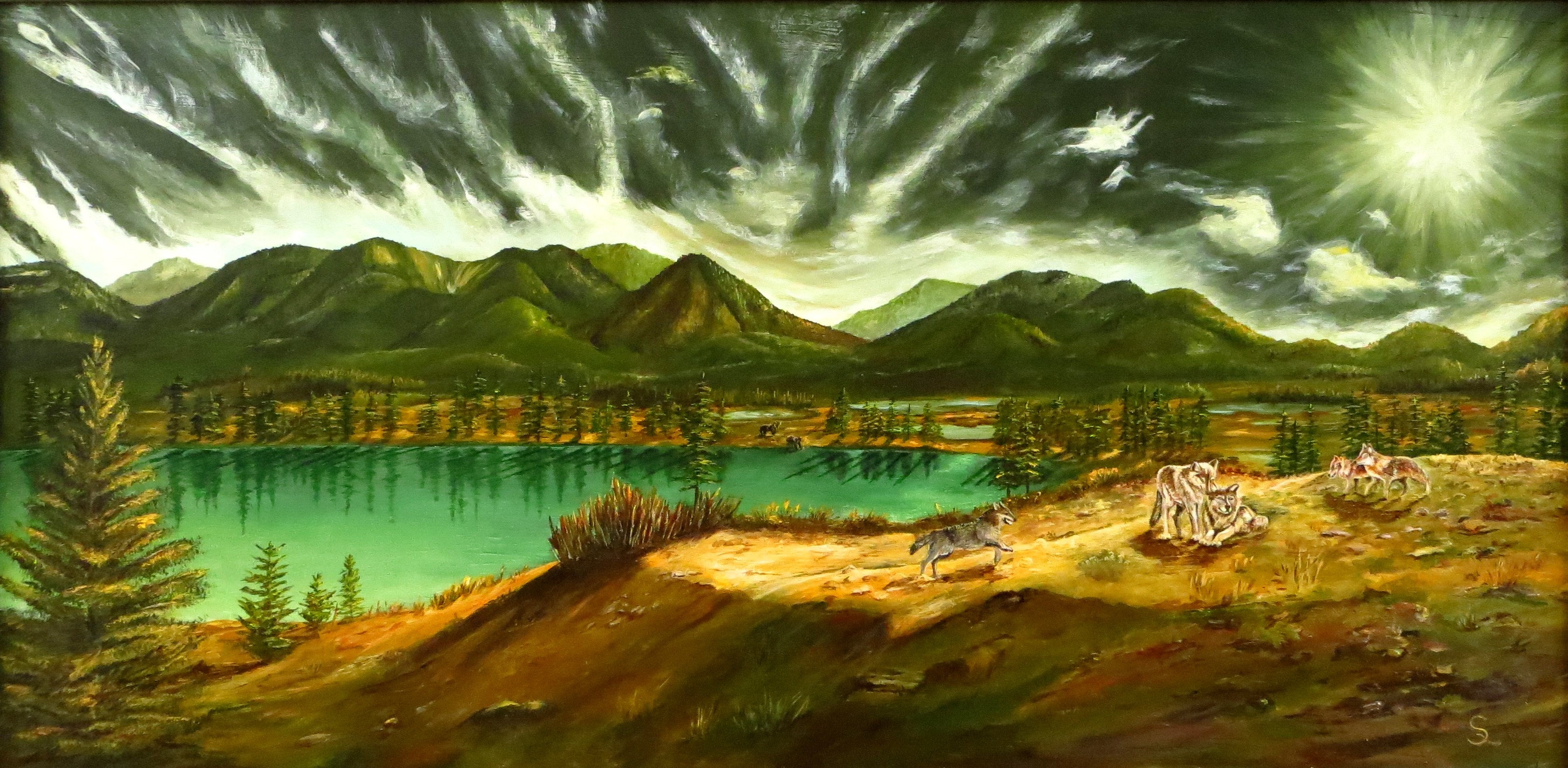Informations for Visitors

Below we have put together some important and useful information for you before visiting the Ecological-Botanical Garden. Admission to the Garden is free. Donations are welcome.
A look inside the Garden: Check the current weather conditions in the Garden with the help of our webcam.
- Opening Hours & Garden RulesHide
-
Opening on Sundays and holidays is made possible by members of Freundeskreises ÖBG e.V..
Opening hours November to February
The outdoor area is open:
Monday - Friday: 8 to 16 o'clock
Sunday & Holidays: 10 to 16 o'clock
Closed on Saturdays.The greenhouses are open:
Monday - Friday: 10 to 15
Sunday & Holidays: 10 to 16 o'clock
The greenhouses are closed on SaturdaysOpening hours March to October:
The outdoor area is open:
Monday-Friday: 8 to 19 o'clock
Saturday, Sunday & Holidays: 10 to 19 hrsThe greenhouses are open:
Monday-Friday: 10 to 15
Sunday & Holidays: 10 to 16 o'clock
The greenhouses are closed on Saturdays.You are welcome to visit us, we look forward to seeing you!
Note for people with disabilitiesThe paths in the open air and in the greenhouses are largely suitable for wheelchair users. We have a disabled WC and two designated parking spaces.
Garden Rules
When visiting our garden, we ask you to observe the following rules:
- Dogs and cycling are not allowed.
- The removal of plants and parts of plants, and especially the harvesting or eating of fruits and seeds is prohibited.
·Please always stay on the paths in the outdoor area and greenhouses to avoid damage to the plants.
- Garden MapHide
-
Geographical information
Latitude 49° 55´ 45´´ N
Longitude 11° 35´ 10´´ E
Altitude 355 - 370 m a.s.l.
Gradient 0-15°Our Garden map (as PDF).
Size and layout of the Garden
The ÖBG is approx. 16 ha in size and currently divided into 4 sections:
- Plant Geography Sections (Asia, America, Europe)
- Crop Plants Garden (1 ha)
- Greenhouses (approx. 3,000 m² exhibition space, approx. 1,000 m² wintering halls, approx. 1,000 m² propagators)
- Station for ecological experiments (e.g. lysimeter system and groundwater basin), as well as experimental areas for the University of Bayreuth’s departments of Biology and Geoscience (approx. additional 8 ha)
Note for people with disabilities
The paths in the outdoor area and in the greenhouses are generally suitable for wheelchair use. We have a handicapped accessible toilet and two designated parking spaces.
- Plant Geography Sections (Asia, America, Europe)
- Guided Tours & Further EventsHide
-
The Ecological-Botanical Garden regularly offers public guided tours in German. Participation is free of charge. For a fee, groups can book a general garden tour or a guided tour on a specific topic by arrangement. Guided tours in other languages can be arranged upon request.
Current program
Our complete program with guided tours, exhibitions, concerts, and more listed chronologically can be found in the "Dates & Events" section (in German).
Guided tours for the public
- on specific topics, every first Sunday of the month at 10 a.m.
- from April to September on agreed Wednesday evenings at 5:30 p.m.
- general Garden tours are offered every third Sunday of the month from April to October at 2 p.m.
- the "Botanical Lunch" for students and staff of the University of Bayreuth from May to July, every second Wednesday, 12:15 p.m.
Booking guided tours
Guided tours can be booked on a certain topic and individually. For information on booking, see Booking guided tours.
- ExhibitionsHide
-
In our greenhouse complex we also have a large showroom. Every year we show three to four exhibitions on different topics. These range from artistic to scientific treatments.
The current exhibition can be found here (redirection to the German website).
- Garden portraitsHide
-
Garden portraits
Introducing the Ecological-Botanical Garden. To the individual garden areas.
Information material
The Ecological-Botanical Garden in a nutshell. Includes a map of the Garden. (PDF-Download, Acrobat Reader required).
Feel free to explore our thematically diverse German brochures. To the information material
- Scenes from the GardenHide
-
Scenes from the Ecological-Botanical Garden:
- Climate & WeatherHide
-
The weather station in the ÖBG provides data on the current weather every 10 minutes. The Department of Micrometeorology operates the facility together with the Bayreuth Centre for Ecology and Environmental Research. A weather forecast can be found at www.meteosphaere.de.



